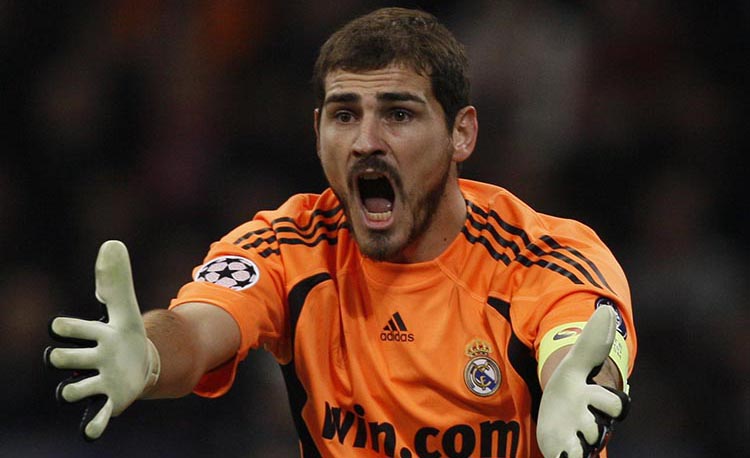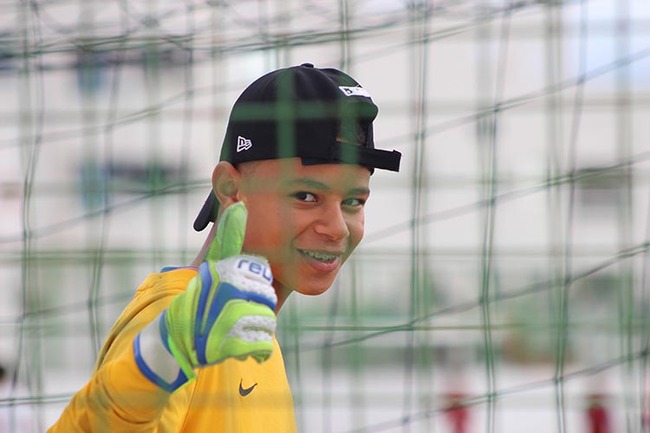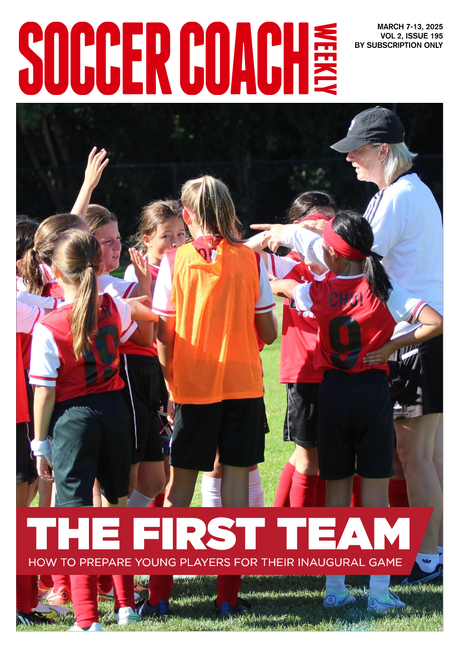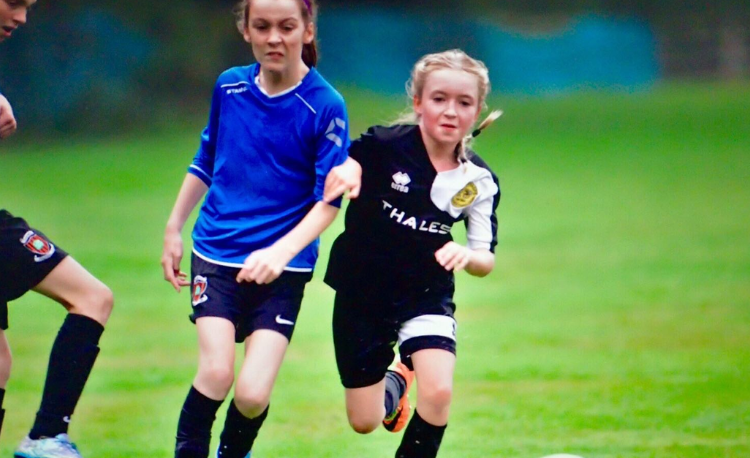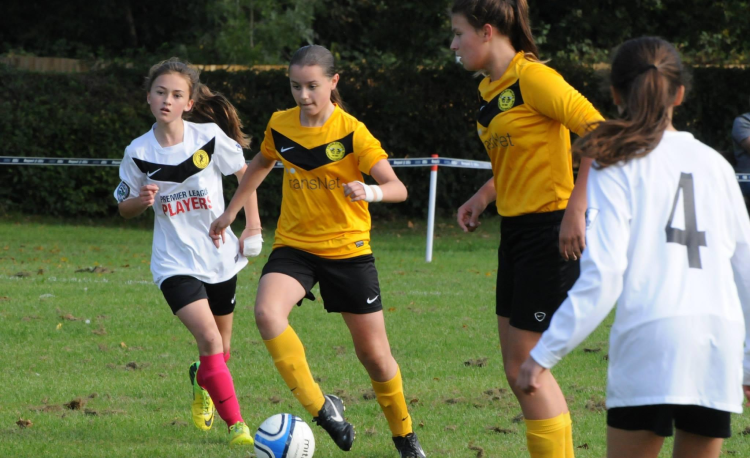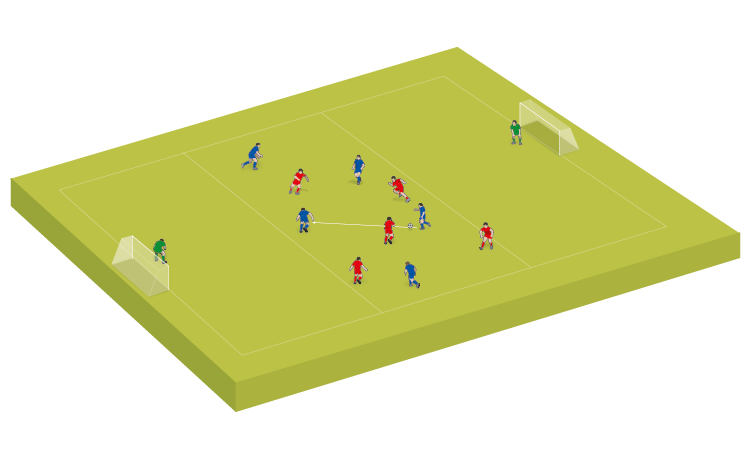Size, sanity and saves: the art of goalkeeping
In the first of a two-part special, coaches JON LEWIS and SALVA ESPINOSA offer tips on soccer’s loneliest position to former SCW editor DAVE CLARKE
Goalkeeper - arguably the toughest job on the field.
The last line of defence, their every error is magnified. They can also be heroes - bailing out relieved defenders or, in this modern era, becoming attack starters.
Jon Lewis is head of goalkeeping and at Go4Goal, a player development programme, where he works alongside Salva Espinosa. Both coaches also lead on goalkeeping at Leatherhead Youth FC, working mainly with the under-11 and under-14 teams.
They caught up with former SCW editor Dave Clarke to discuss what makes a good goalkeeper and offer tips on helping your stopper build confidence and resilience...
SCW: When it comes to goalkeeping, does size matter?
JL: "It is a difficult one. It can be an advantage, for sure, but for me, as a coach, it is not the most important trait I look for.
"It depends on where you are in the world. Sadly, in England, academies predominantly look for ’keepers with height and size.
"I have worked with a lot of goalkeepers that have been released from their program at under-13 level because they have not met the projected height standard for when they are under-18, which is a shame. It is quite difficult to get into the pro game as a goalkeeper in England.
"But my argument is always to look at one of the best goalkeepers of the last 20 years: Iker Casillas. He is only six foot, but his record is incredible. He doesn’t have the most physical presence, but he has been a huge success."
SE: "Size helps a lot, but other skills can also be determinants. Iker isn’t a tall guy, but in terms of other skills, such as concentration or leadership, he is one of the best."
SCW: During lockdown, you asked the youth goalkeepers at Leatherhead to come up with goalkeeper trigger words. What did they come up with?
JL: "A lot of the words that kept coming up were concentration, good attitude, strong mindset and bravery.
"One of my favourites was when one of the kids said you have to be crazy. Many coaches will say they would like their goalkeeper to be a bit crazy, though I do think you need to have an element of being sane at the back.
"It was brilliant to see what the kids were thinking.
"The biggest thing is mindset - dealing with mistakes and conceding goals..."
We also gave them some trigger words to take away and think about – being organised, being brave, having courage.
"The biggest thing is their mindset - dealing with mistakes, conceding goals and how they process all that. The biggest element Salva wanted to look at was their concentration levels."
SE: "With concentration, everything will come to you easier. You have to be focused on everything that the coach is telling you – a big focus on concentration is important."
SCW: You were also talking about the focus for a goalkeeper on the 5Cs - is confidence part of that?
JL: “The 5Cs is a study from Loughborough University. They are concentration, control, confidence, communication and commitment.
‘Confidence is massive. It all comes down to mindset. Ultimately, you have to be very resilient as a goalkeeper. You have to have a lot of confidence and the ability to bounce back from mistakes because, unfortunately, you are the last line of defence. If you make a mistake, it gets highlighted more than the mistakes of others.
"For instance, a striker might miss an open goal. You let in a goal that you would normally save – everyone goes away thinking ‘the goalkeeper’s cost us this’ when it is not the case. It is about how you deal with that and blocking out the negatives."
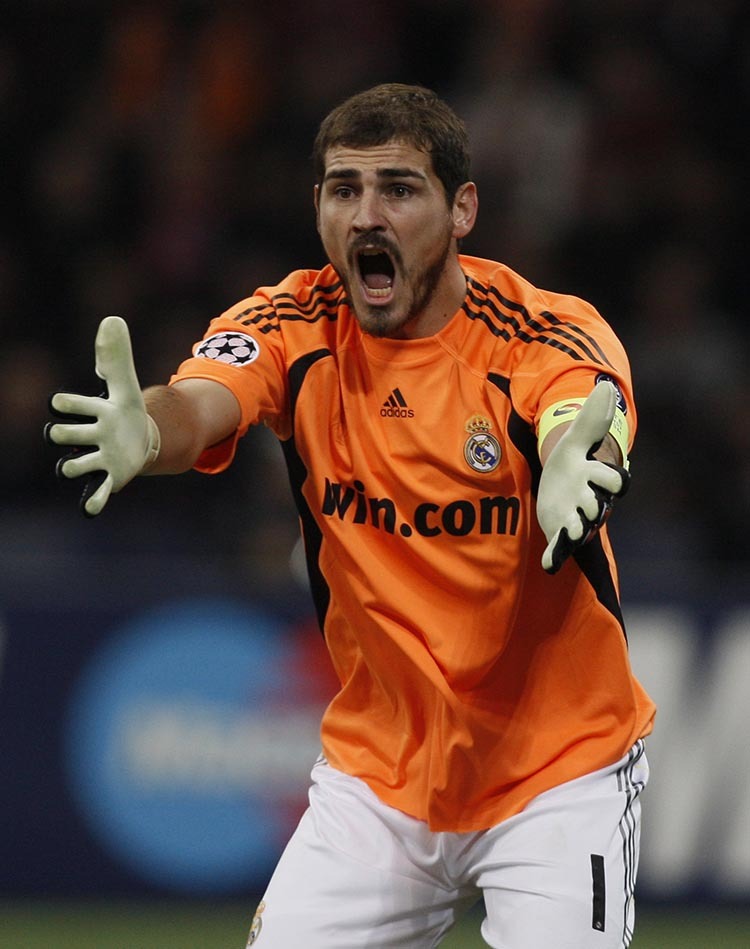
SCW: If your keeper has a great game, yet lets in four or five goals and his head goes down, how do you deal with that?
SE: "About a year ago, I had an experience like that with my under-11s goalkeeper. I think we were 4-0 down, 10 minutes after kick-off, and my goalkeeper was crying.
"I had to make a tough decision as he was the only goalkeeper. I made a sub, took him off and just talked to him, calmed him down, cheered him up, told him that he’s the last one, with the most responsibility on the field.
"Depending on the age, I will use different approaches. With the older ones, you need to cheer them up and, in private, let them know what your opinion was on what happened and what they should improve."
Related Files
SCW: Often with the younger age groups, you haven’t actually got one specific goalkeeper. I normally try two or three, but I find that if they are letting in a lot of goals, no-one wants to go in goal for the next game. Are there ways to deal with that?
JL: "I think it depends on the age group. When it is under-8s, 9s, 10s or 11s, and you can see the child is getting themselves in a real state, the best thing to do is get them out of that situation.
"For those age groups, it is good to put it into a rota and say all the players are going to take a turn in goal because, you never know, they might decide they want to become a goalkeeper.
"Edwin van der Sar was a centre-back until under-15s and then eventually converted into a goalkeeper.
"During lockdown, I read a book called One Goal by Bill Beswick, a sports psychologist. One of the most important things I picked up is that, when conceding a goal, as soon as the ball crosses the line, it is done; you forget about it.
"It is so simple, but it just rings so true. So as soon as you let a goal in and you pass it back towards the centre spot, it is done, you can’t do anything about it.
"I have done it the other way round, where I have saved a penalty, tipped it over the bar and celebrated - I was buzzing, really excited.
"Then, from the corner, the opposition went and scored from a cross I should have come to get, but didn’t because I wasn’t concentrating on what I was doing.
"You need to make sure you are aware of what is going on, but you break down each process. When you have made a save, it is done. When you have made a mistake, it is dealt with. You can’t reflect on it until the end of the game."
"Edwin van der Sar was a centre-back until under-15 level and then converted..."
SCW: Sometimes defenders are under constant pressure, running back and shouting. Does the goalkeeper pick up on those panic situations?
SE: "The goalkeeper will also panic if everyone is shouting. It is a real challenge. A coach needs to address this situation on the field and on the training ground.
"If you see your goalkeeper is panicking or the defenders are panicking in some circumstances of the match, focus training on the situation and let them know that the goalkeeper is the one who actually sees the whole match as it is.
"They are not a commander as such, but they need to be confident enough to manage the defenders.
"Shouting is not a bad thing in itself. Everyone shouting is, yes, but if it is to put everyone in the right position, sometimes it helps to get the situation under control.
"As a goalkeeper, I think one of the most important things to control – apart from yourself and your own personality – is your defence, to not get into panic mode, because that can cause difficulties in the match."
IN PART TWO NEXT WEEK: Sweeper-keepers, communication and warm-ups...
“For the younger ones, some of my targets will be co-ordination, agility, basic techniques, and a little bit of concentration...”
HEAR MORE FROM JON LEWIS AND SALVA ESPINOSA, INCLUDING THE DIFFERENT WAYS THEY TRAIN GOALKEEPERS OF DIFFERENT AGES, ON OUR PODCAST — CLICK HERE TO DOWNLOAD
Newsletter Sign Up
Coaches Testimonials

Gerald Kearney, Downtown Las Vegas Soccer Club

Paul Butler, Florida, USA

Rick Shields, Springboro, USA

Tony Green, Pierrefonds Titans, Quebec, Canada
Subscribe Today
Discover the simple way to become a more effective, more successful soccer coach
In a recent survey 89% of subscribers said Soccer Coach Weekly makes them more confident, 91% said Soccer Coach Weekly makes them a more effective coach and 93% said Soccer Coach Weekly makes them more inspired.
*includes 3 coaching manuals
Get Weekly Inspiration
All the latest techniques and approaches
Soccer Coach Weekly offers proven and easy to use soccer drills, coaching sessions, practice plans, small-sided games, warm-ups, training tips and advice.
We've been at the cutting edge of soccer coaching since we launched in 2007, creating resources for the grassroots youth coach, following best practice from around the world and insights from the professional game.
